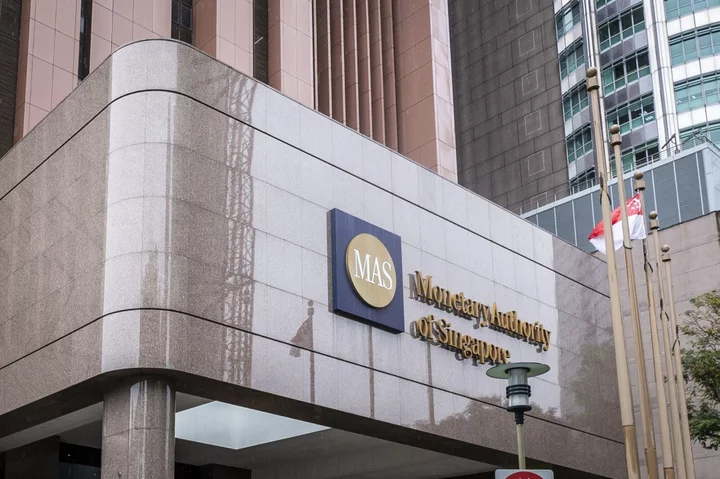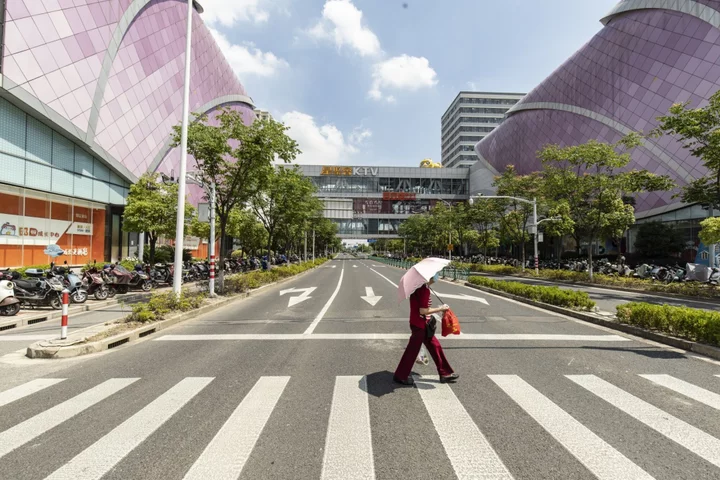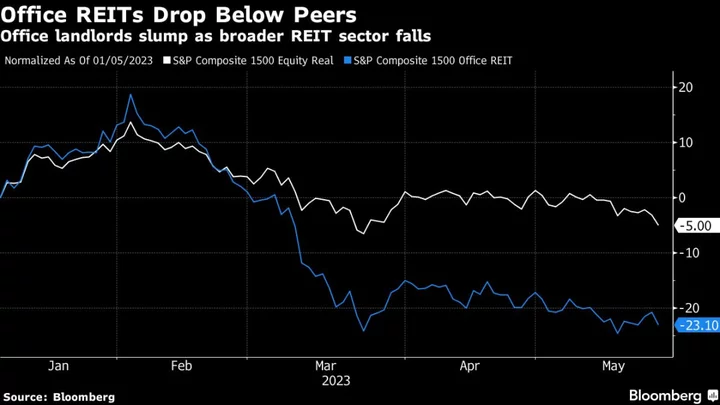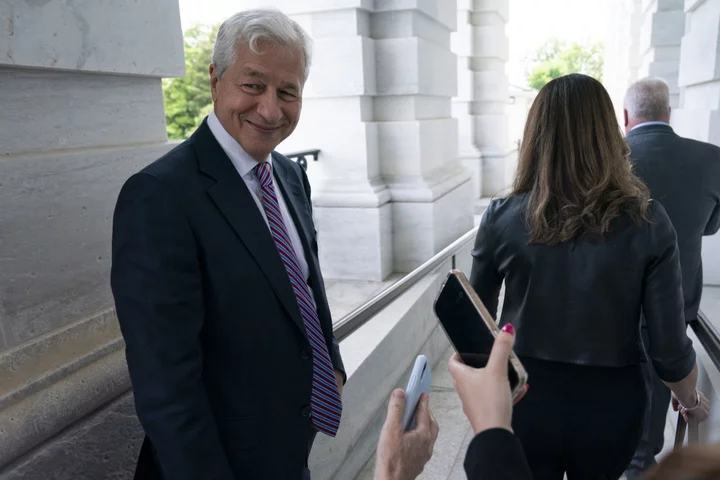Singapore’s central bank has directed financial institutions to review any relationships with individuals tied to a money laundering scandal involving over S$1.8 billion ($1.3 billion) of assets.
The Monetary Authority of Singapore sent a note to the compliance heads of all financial firms in the city-state to examine any suspicious or unusual transactions by the people from the beginning of 2020, according to a copy of the Aug. 30 instruction seen by Bloomberg News. Banks must scrutinize dealings with 34 individuals including the 10 suspects who were arrested last month.
These people “could be involved in illicit activities,” the executive director of MAS’ anti-money laundering department said in the note. “As a matter of policy, MAS does not comment on our dealings with financial institutions,” a spokesperson said in response to queries from Bloomberg News.
The regulator’s action underscores the efforts needed to plug the gaps exposed by the Aug. 15 crackdown, where assets including gold, luxury cars, cash and cryptocurrency have been seized. About 10 banks including DBS Group Holdings Ltd., the country’s largest lender, as well as the local units of Citigroup Inc. and Credit Suisse have so far been drawn into the scandal as the investigation continues.
As they go through the transactions, the MAS asked the firms to take actions such as filing a suspicious-transaction report as necessary, according to the document.
Some of the 10 suspects have operated in Singapore before 2020, according to local business filings. Chen Qingyuan, who holds a Cambodian passport, became a director and shareholder in a technology firm from October 2019, a filing to the Accounting and Corporate Regulatory Authority shows. Chen has been wanted by authorities in China’s Anxi County since early 2019.
Vang Shuiming, another suspect whose more than S$125 million has been seized from bank accounts including at Credit Suisse’s local unit and Bank Julius Baer, was appointed shareholder of another company in 2019. Another of the arrested, Su Haijin, was a director and shareholder of a software development firm in Singapore as early as 2017.
The 10 accused are in remand and haven’t entered pleas.









